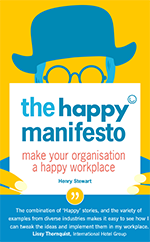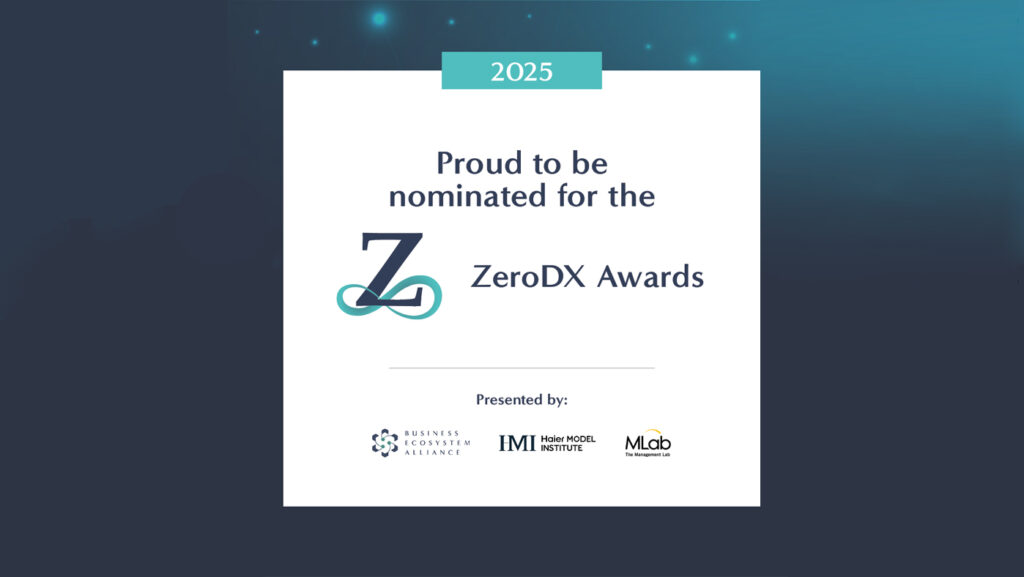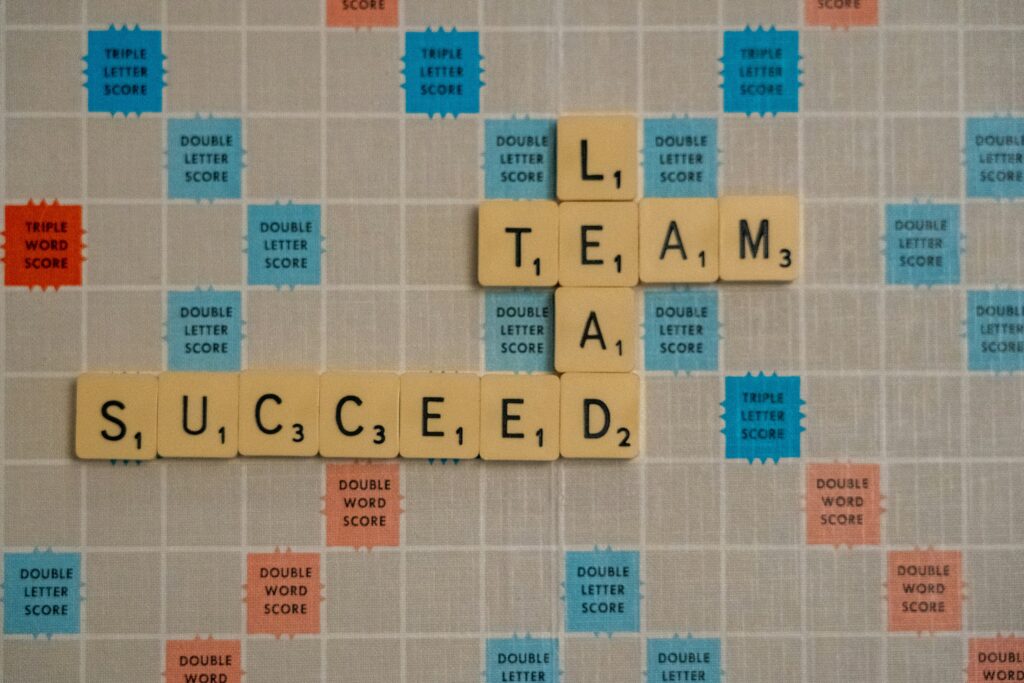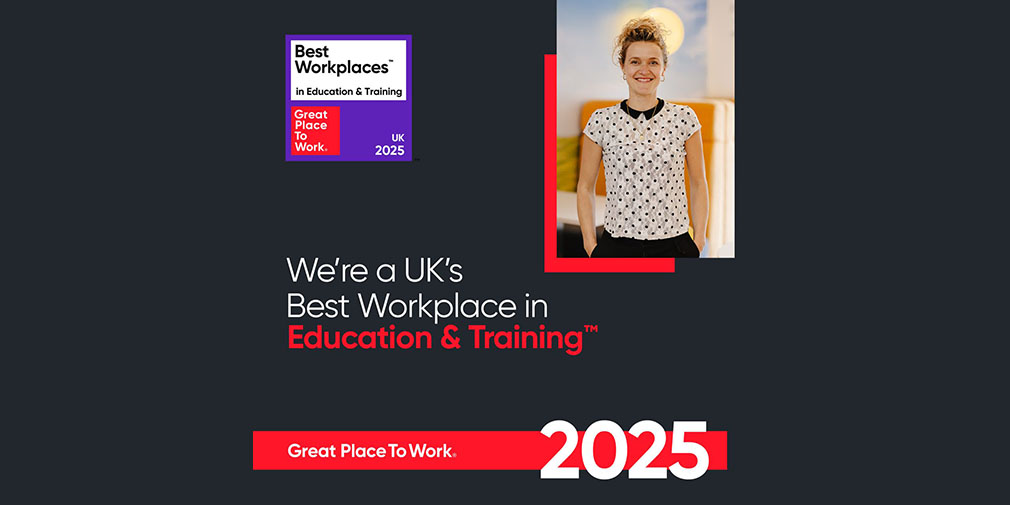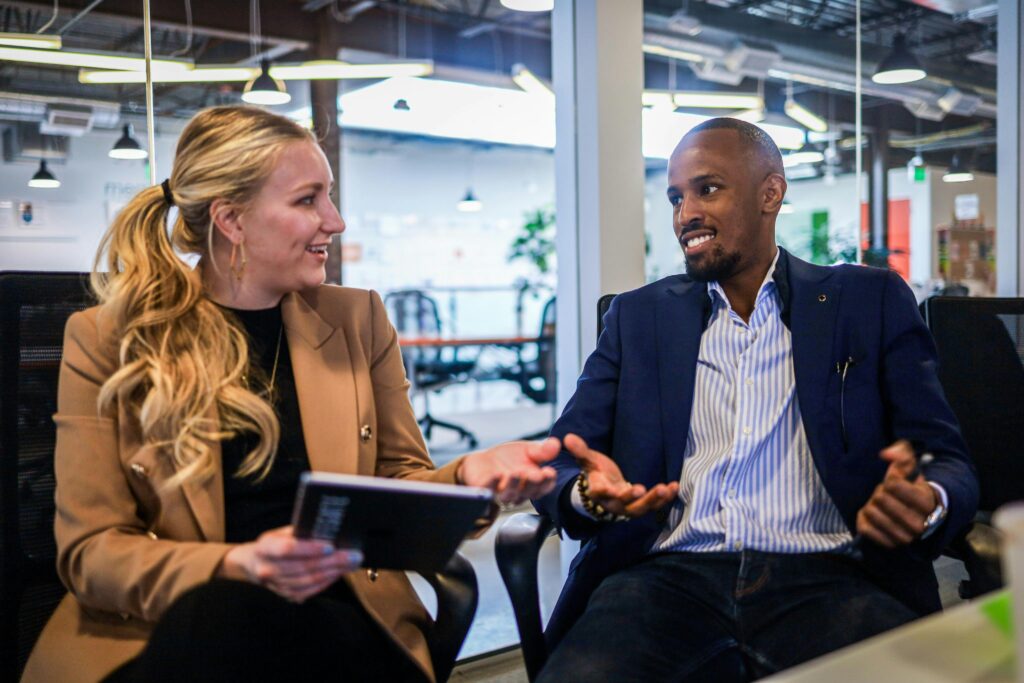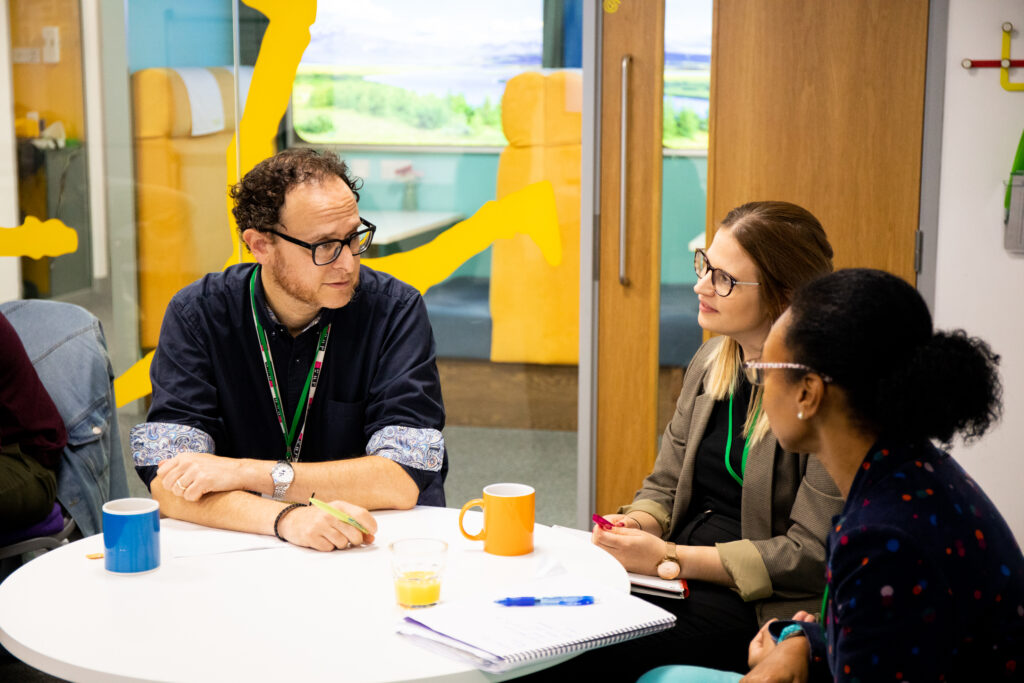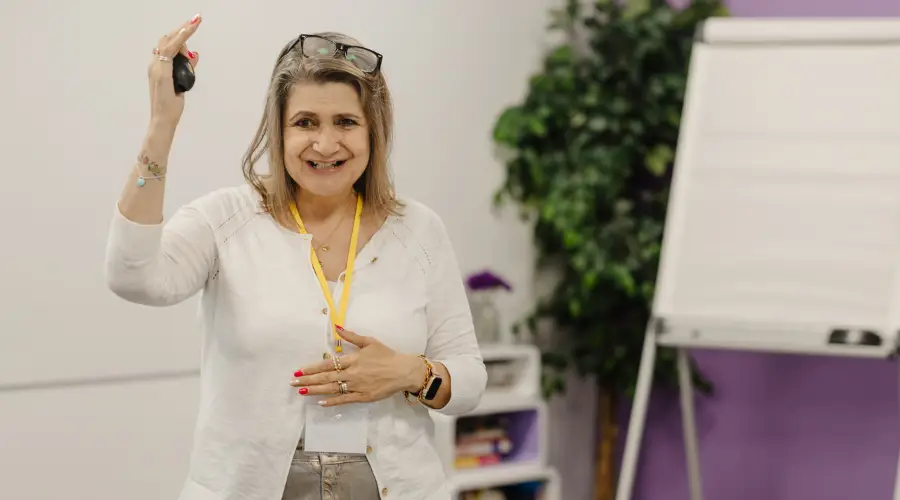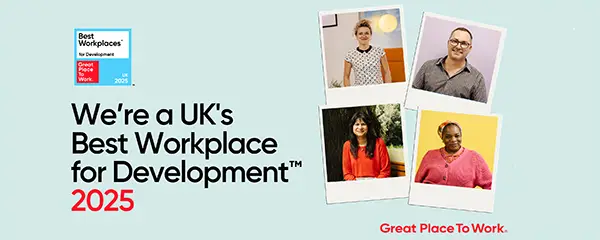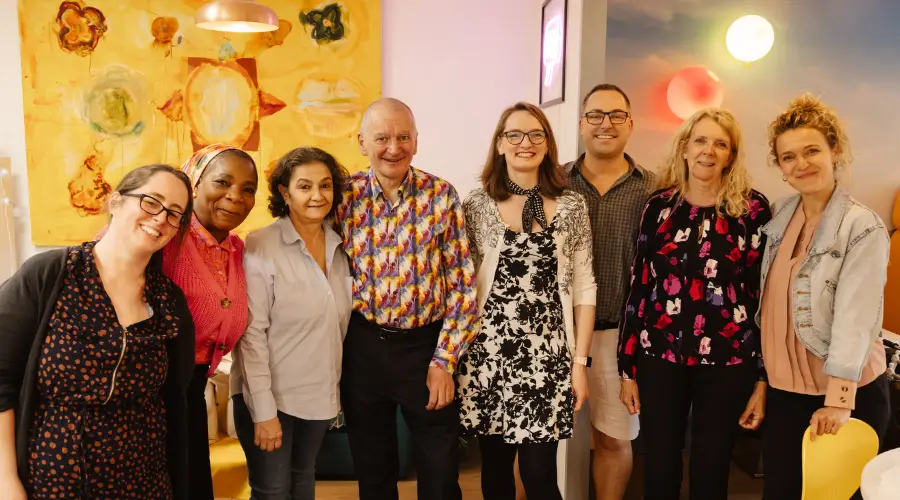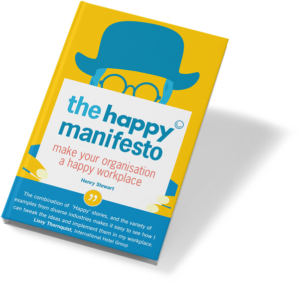What struck me was not just the pleasure of so many real books, but how much easier it was to discover new titles than it was online. I had previously scoured Amazon to find books to put on my Channukah/Christmas present list. I found one. But an hour in Waterstones and, based on what was displayed and what was recommended by staff, I found a dozen books I’d love to read.
Amazon of course provides personal recommendations and ‘people who bought this book also bought…’, but am I alone in finding these fairly useless? It always seems heavily influenced by my most recent purchases, which were often for friends, rather than the history of what I’m interested in. Currently the recommendations are focused on peanut butter products, WII games, nail paint and books on Katy Perry – none of which I have any interest in.
So it wasn’t just that Waterstones had a real person eager to help me. But the entirely un-personalised ‘our staff recommend’ sections produced far more books I’d like to buy than the personalised, clever algorithms of Amazon. It seems real people do make a difference after all.
Lessons for learning
So how does this apply to my business, that of learning? eLearning has been hyped many times as the future, and once again we are in a phase of organisations (and especially central government) closing their classrooms. Yet it is hard to find people who actually enjoy and look forward to using formal eLearning. (Compared to the 97% who agree they had an enjoyable experience learning software in our classrooms.)
The big growth at the moment is in Live Online Learning. Here you learn at your desk, using virtual classroom technology, but there is a real tutor. And our aim is to keep class sizes to six to eight people, so you still get the personal attention. It is certainly more convenient for our clients and many report it is as enjoyable as the classroom. Though they do say they miss the afternoon ice cream!
So keep the people at the centre is my learning point. Perhaps if Amazon had some real people to talk to… and paid their taxes…
Related blogs
- How Would Banking be Different if it Concentrated on the Customer? — Henry discusses what banking might look like if customers were valued as much as their money is.
- Get your Staff to Walk in your Customer’s Shoes — A look at the value of passionate customer care.
- A Radical Idea: Try Listening to your Customer — Henry ponders on the value of direct customer feedback.
